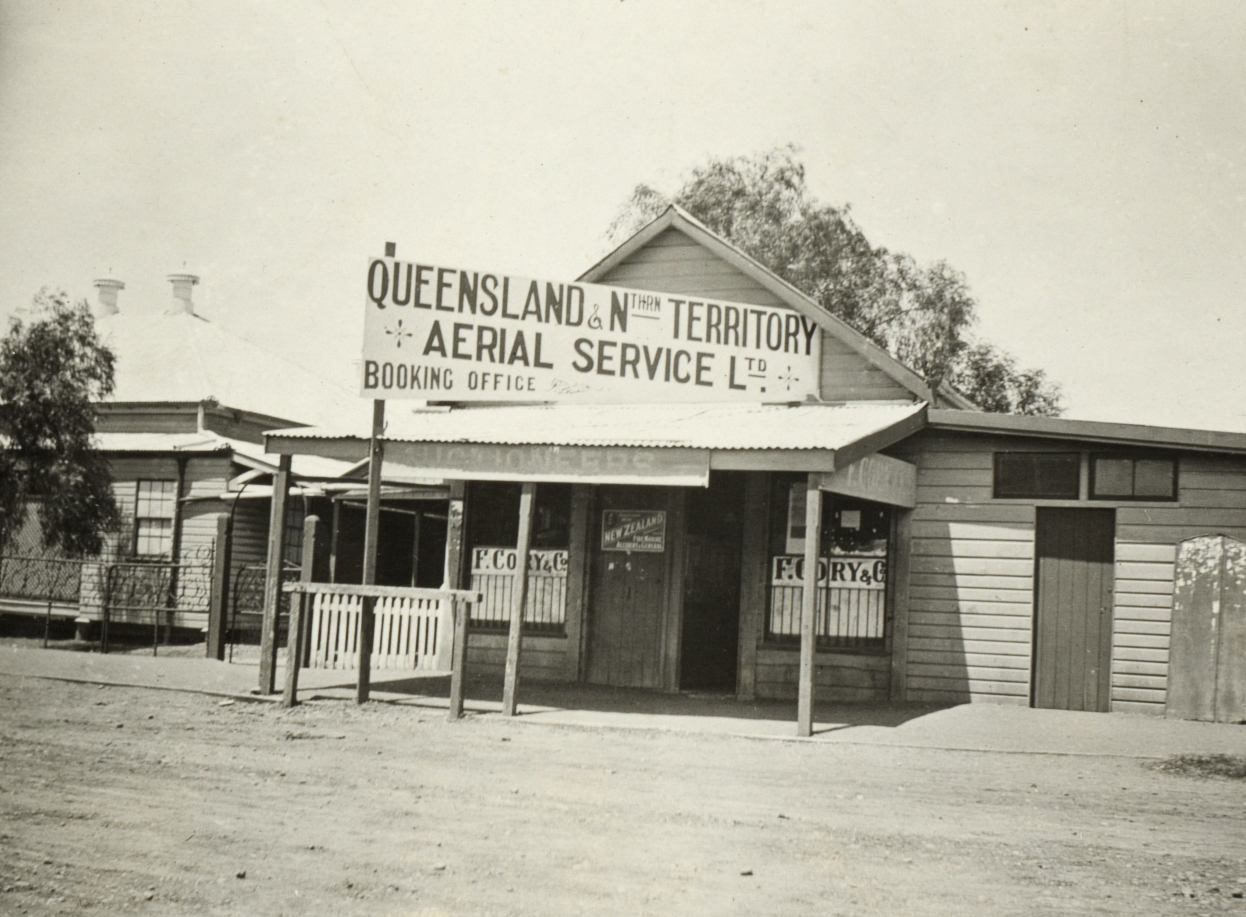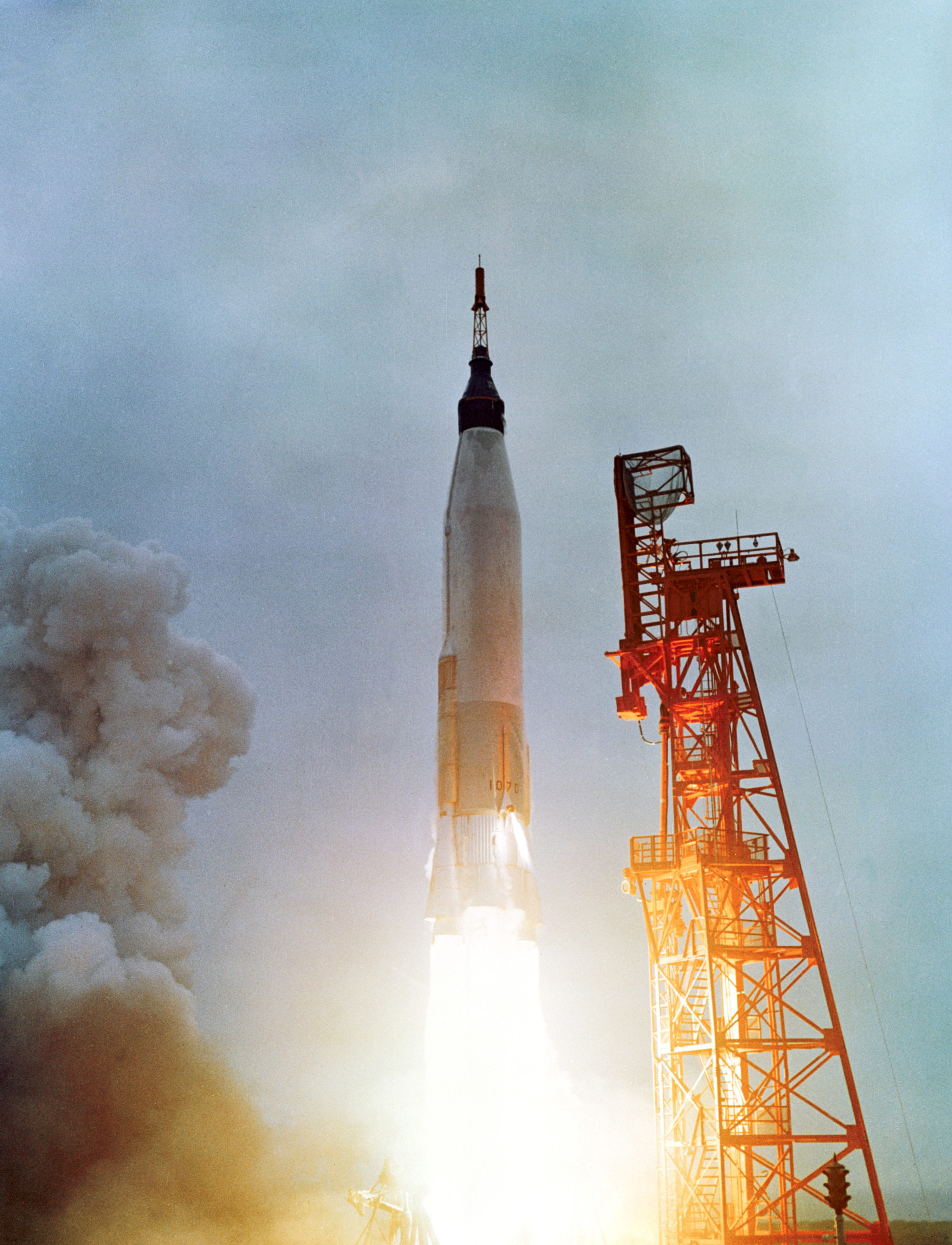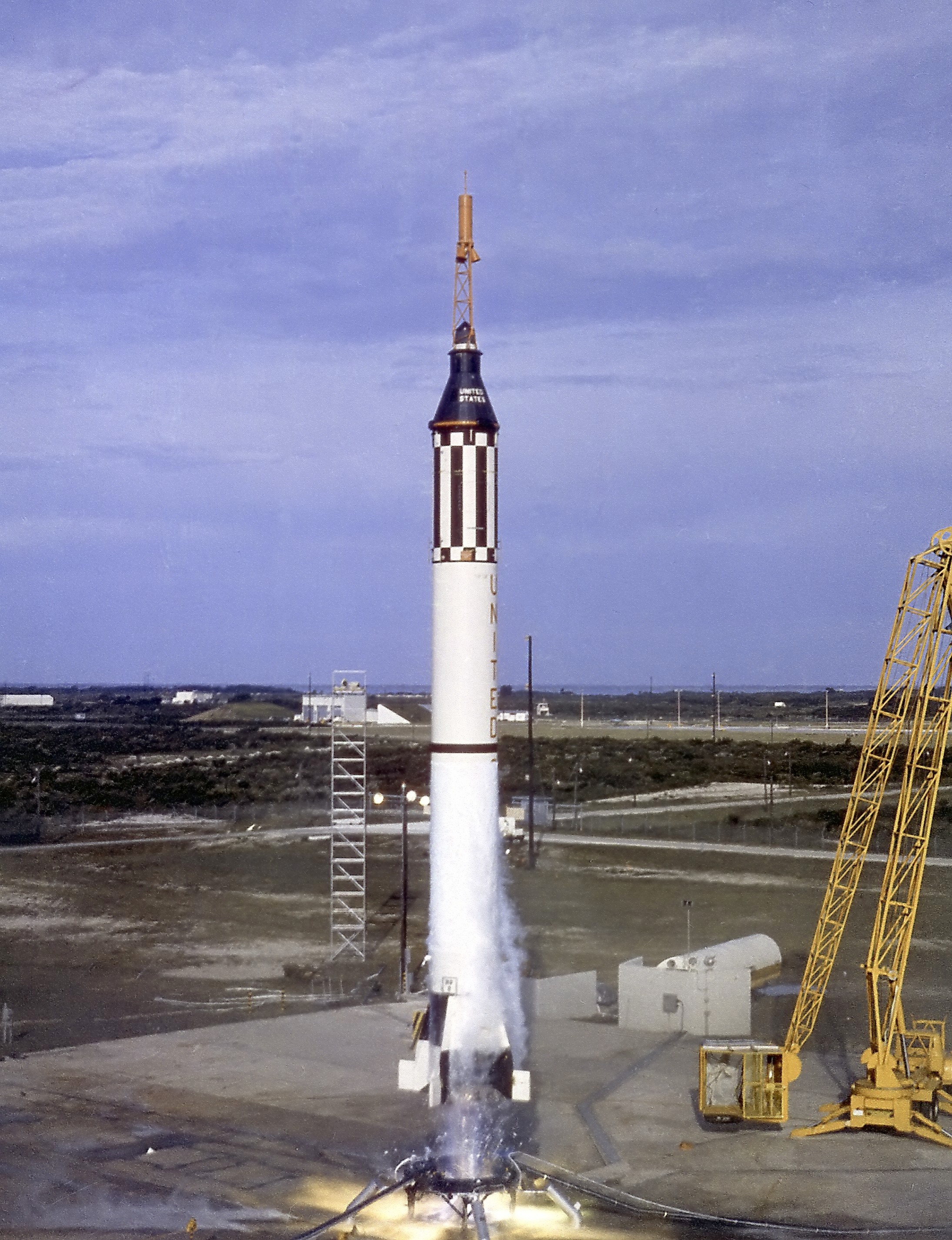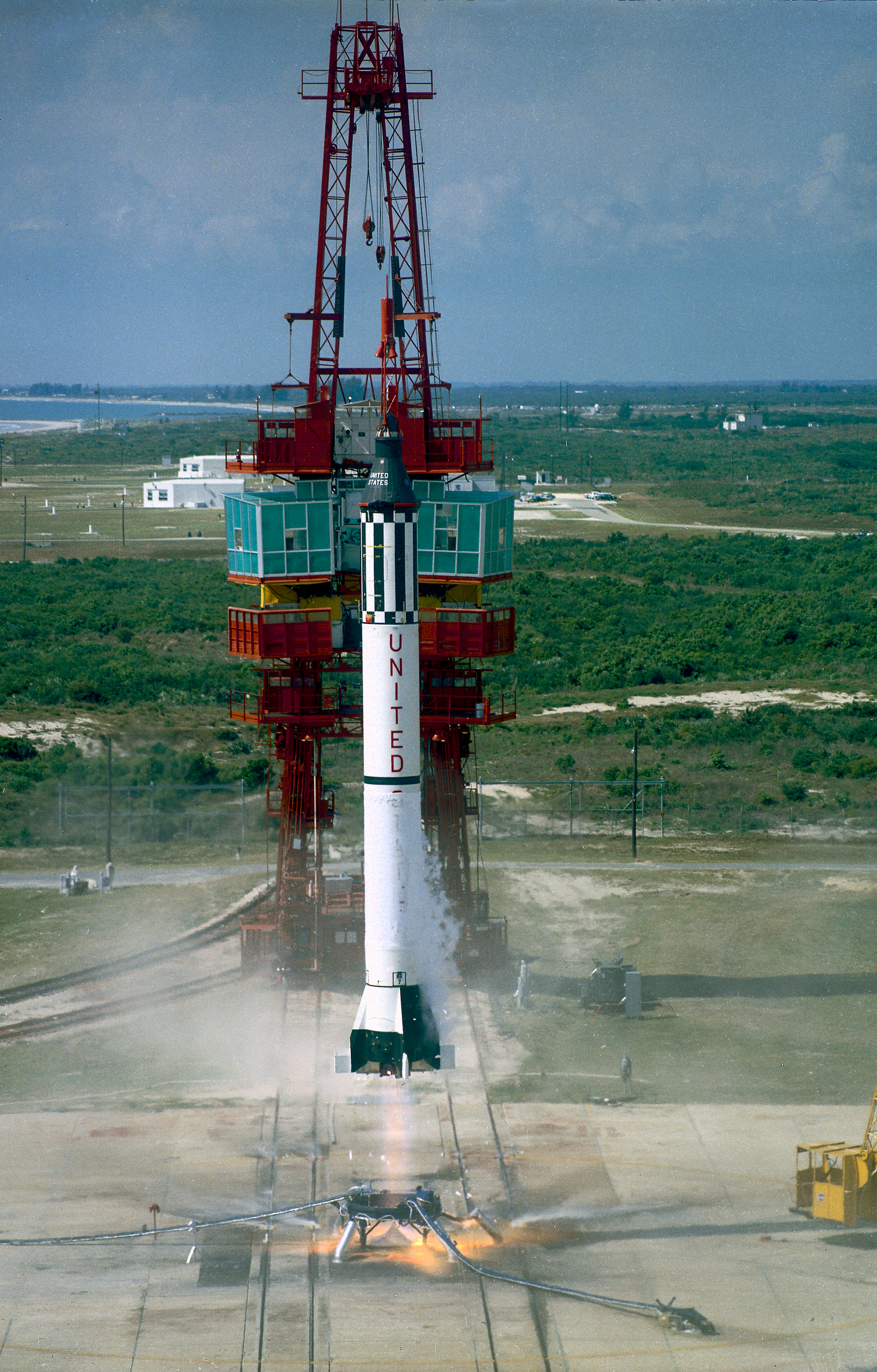|
Colin Burgess (author)
Colin Burgess (born 1947) is an Australian author and historian, specializing in space flight and military history. He is a former customer service manager for Qantas Airways, and a regular contributor to the collectSPACE online community. He lives in New South Wales. Two of Burgess's co-authored 2007 books, '' Into That Silent Sea: Trailblazers of the Space Era, 1961–1965'' and '' In the Shadow of the Moon: A Challenging Journey to Tranquility, 1965–1969'' were named as finalists for the 2007 Eugene M. Emme Award given by the American Astronautical Society. ''In the Shadow of the Moon'' was also named as "2009 Outstanding Academic Title" by '' Choice Magazine''. Bibliography * ''Aircraft'', 1985 * ''Pioneers of Flight'', 1988 *''Prisoners of War'', with Hugh Clarke and Russell Braddon, 1988 * ''Laughter in the Air: Tales from the Qantas Era'', with Max Harris, 1988 * ''More Laughter in the Air: Tales from the Qantas Era'', 1992 * ''Barbed Wire and Bamboo: Australi ... [...More Info...] [...Related Items...] OR: [Wikipedia] [Google] [Baidu] |
Qantas
Qantas Airways Limited ( ) is the flag carrier of Australia and the country's largest airline by fleet size, international flights, and international destinations. It is the List of airlines by foundation date, world's third-oldest airline still in operation, having been founded in November 1920; it began international passenger flights in May 1935. ''Qantas'' is an Acronym and initialism, acronym of the airline's original name, Queensland and Northern Territory Aerial Services, as it originally served Queensland and the Northern Territory, and is popularly nicknamed "The Flying Kangaroo". Qantas is a founding member of the Oneworld airline alliance. The airline is based in the Sydney suburb of Mascot, New South Wales, Mascot, adjacent to its main hub at Sydney Airport. , Qantas had a 65 per cent share of the Australian domestic market and carried 14.9 per cent of all passengers travelling into and out of Australia. Various subsidiary airlines operate to regional centres and on ... [...More Info...] [...Related Items...] OR: [Wikipedia] [Google] [Baidu] |
Into That Silent Sea
''Into That Silent Sea: Trailblazers of the Space Era 1961–1965'' is a 2007 non-fiction book by space historians Francis French and Colin Burgess. Drawing on a number of original personal interviews with astronauts, cosmonauts and those who worked closely with them, the book chronicles the American and Russian programs from 1961 onwards, from the first human spaceflight of Yuri Gagarin through the Mercury, Vostok and Voskhod flights, up to the first spacewalk by Alexei Leonov. The book is the first volume in the ''Outward Odyssey'' spaceflight history series by the University of Nebraska Press. The space program history continues chronologically in the follow-on book '' In the Shadow of the Moon: A Challenging Journey to Tranquility, 1965–1969''. ''Into That Silent Sea'' was named as a finalist for the 2007 Eugene M. Emme Award given by the American Astronautical Society. External links ''Into That Silent Sea'' Official Publisher Siteby ''San Diego Union Tribune ... [...More Info...] [...Related Items...] OR: [Wikipedia] [Google] [Baidu] |
Aurora 7
Mercury-Atlas 7, launched May 24, 1962, was the fourth crewed flight of Project Mercury. The spacecraft, named ''Aurora 7'', was piloted by astronaut Scott Carpenter. He was the sixth human to fly in space. The mission used Mercury spacecraft No. 18 and Atlas launch vehicle No. 107-D. The flight was for three Earth orbits, essentially a repeat of John Glenn's Mercury-Atlas 6. However, a targeting error during reentry took the spacecraft off-course, delaying recovery of Carpenter and the spacecraft for an hour. Carpenter was held responsible, at least in part, for the landing error. Carpenter left NASA for the Navy SEALAB program in 1964. Pilot The original pilot selected for Mercury Atlas-7 was to have been Deke Slayton, with Schirra as his back-up. However Slayton was removed from flight status after the discovery of cardiac dysrhythmia during a training run in the ''g''-loading centrifuge. Slayton had chosen the name ''Delta 7'' for the spacecraft, as this would have b ... [...More Info...] [...Related Items...] OR: [Wikipedia] [Google] [Baidu] |
John H
John is a common English name and surname: * John (given name) * John (surname) John may also refer to: New Testament Works * Gospel of John, a title often shortened to John * First Epistle of John, often shortened to 1 John * Second Epistle of John, often shortened to 2 John * Third Epistle of John, often shortened to 3 John People * John the Baptist (died c. AD 30), regarded as a prophet and the forerunner of Jesus Christ * John the Apostle (lived c. AD 30), one of the twelve apostles of Jesus * John the Evangelist, assigned author of the Fourth Gospel, once identified with the Apostle * John of Patmos, also known as John the Divine or John the Revelator, the author of the Book of Revelation, once identified with the Apostle * John the Presbyter, a figure either identified with or distinguished from the Apostle, the Evangelist and John of Patmos Other people with the given name Religious figures * John, father of Andrew the Apostle and Saint Peter * P ... [...More Info...] [...Related Items...] OR: [Wikipedia] [Google] [Baidu] |
Friendship 7
Mercury-Atlas 6 (MA-6) was the first crewed American orbital spaceflight, which took place on February 20, 1962. Piloted by astronaut John Glenn and operated by NASA as part of Project Mercury, it was the fifth human spaceflight, preceded by Soviet Union, Soviet orbital flights Vostok 1 and Vostok 2, 2 and American Sub-orbital spaceflight, sub-orbital flights Mercury-Redstone 3 and Mercury-Redstone 4, 4. The Mercury spacecraft, named ''Friendship 7'', was carried to orbit by an Atlas LV-3B launch vehicle lifting off from Cape Canaveral Launch Complex 14, Launch Complex 14 at Cape Canaveral Air Force Station, Cape Canaveral, Florida. After three orbits, the spacecraft Atmospheric reentry, re-entered the Earth's atmosphere, splashed down in the Atlantic Ocean, North Atlantic Ocean, and was safely taken aboard . Total mission flight time was four hours 55 minutes and 23 seconds. The event was named an List of IEEE milestones, IEEE Milestone in 2011. Preparation After the successful ... [...More Info...] [...Related Items...] OR: [Wikipedia] [Google] [Baidu] |
Virgil I
Publius Vergilius Maro (; traditional dates 15 October 7021 September 19 BC), usually called Virgil or Vergil ( ) in English, was an ancient Roman poet of the Augustan period. He composed three of the most famous poems in Latin literature: the ''Eclogues'' (or ''Bucolics''), the ''Georgics'', and the epic ''Aeneid''. A number of minor poems, collected in the ''Appendix Vergiliana'', were attributed to him in ancient times, but modern scholars consider his authorship of these poems as dubious. Virgil's work has had wide and deep influence on Western literature, most notably Dante's ''Divine Comedy'', in which Virgil appears as the author's guide through Hell and Purgatory. Virgil has been traditionally ranked as one of Rome's greatest poets. His ''Aeneid'' is also considered a national epic of ancient Rome, a title held since composition. Life and works Birth and biographical tradition Virgil's biographical tradition is thought to depend on a lost biography by the Roman poet ... [...More Info...] [...Related Items...] OR: [Wikipedia] [Google] [Baidu] |
Liberty Bell 7
Mercury-Redstone 4 was the second United States human spaceflight, on July 21, 1961. The suborbital Project Mercury flight was launched with a Mercury-Redstone Launch Vehicle, MRLV-8. The spacecraft, Mercury capsule #11, was nicknamed the ''Liberty Bell 7''. It was piloted by astronaut Virgil "Gus" Grissom. The spaceflight lasted 15 minutes 30 seconds, reached an altitude of more than , and flew downrange, landing in the Atlantic Ocean. The flight went as expected until just after splashdown, when the hatch cover, designed to release explosively in the event of an emergency, accidentally blew. Grissom was at risk of drowning, but was recovered safely via a U.S. Navy helicopter. The spacecraft sank into the Atlantic and was not recovered until 1999. Mission parameters * Mass: 1 286 kg * Maximum altitude: 190.39 km * Range: 486.15 km * Launch vehicle: Redstone rocket Spacecraft The MR-4 spacecraft, Mercury capsule #11, was designated to fly the seco ... [...More Info...] [...Related Items...] OR: [Wikipedia] [Google] [Baidu] |
Alan B
Alan may refer to: People *Alan (surname), an English and Turkish surname *Alan (given name), an English given name ** List of people with given name Alan ''Following are people commonly referred to solely by "Alan" or by a homonymous name.'' * Alan (Chinese singer) (born 1987), female Chinese singer of Tibetan ethnicity, active in both China and Japan * Alan (Mexican singer) (born 1973), Mexican singer and actor * Alan (wrestler) (born 1975), a.k.a. Gato Eveready, who wrestles in Asistencia Asesoría y Administración * Alan (footballer, born 1979) (Alan Osório da Costa Silva), Brazilian footballer * Alan (footballer, born 1998) (Alan Cardoso de Andrade), Brazilian footballer *Alan I, King of Brittany (died 907), "the Great" * Alan II, Duke of Brittany (c. 900–952) *Alan III, Duke of Brittany(997–1040) *Alan IV, Duke of Brittany (c. 1063–1119), a.k.a. Alan Fergant ("the Younger" in Breton language) * Alan of Tewkesbury, 12th century abbott *Alan of Lynn (c. 1348–1423), 1 ... [...More Info...] [...Related Items...] OR: [Wikipedia] [Google] [Baidu] |
Freedom 7
Mercury-Redstone 3, or ''Freedom 7'', was the first United States human spaceflight, on May 5, 1961, piloted by astronaut Alan Shepard. It was the first crewed flight of Project Mercury. The project had the ultimate objective of putting an astronaut into orbit around the Earth and returning him safely. Shepard's mission was a 15-minute suborbital flight with the primary objective of demonstrating his ability to withstand the high g-forces of launch and atmospheric re-entry. Shepard named his space capsule ''Freedom 7'', setting a precedent for the remaining six Mercury astronauts naming their spacecraft. The number 7 was included in all the crewed Mercury spacecraft names to honor NASA's first group of seven astronauts. His spacecraft reached an altitude of 101.2 nautical miles (116.5 statute miles, 187.5 km) and traveled a downrange distance of 263.1 nautical miles (302.8 statute miles, 487.3 km). It was the fourth Mercury flight launched with the Mercury-Redstone Launc ... [...More Info...] [...Related Items...] OR: [Wikipedia] [Google] [Baidu] |
Mercury Seven
The Mercury Seven were the group of seven astronauts selected to fly spacecraft for Project Mercury. They are also referred to as the Original Seven and Astronaut Group 1. Their names were publicly announced by NASA on April 9, 1959; these seven original American astronauts were Scott Carpenter, Gordon Cooper, John Glenn, Gus Grissom, Wally Schirra, Alan Shepard, and Deke Slayton. The Mercury Seven created a new profession in the United States, and established the image of the American astronaut for decades to come. All of the Mercury Seven eventually flew in space. They piloted the six spaceflights of the Mercury program that had an astronaut on board from May 1961 to May 1963, and members of the group flew on all of the NASA human spaceflight programs of the 20th centuryMercury, Gemini, Apollo, and the Space Shuttle. Shepard became the first American to enter space in 1961, and later walked on the Moon on Apollo 14 in 1971. Grissom flew the first manned Gemini mission in 196 ... [...More Info...] [...Related Items...] OR: [Wikipedia] [Google] [Baidu] |
Cosmonaut
An astronaut (from the Ancient Greek (), meaning 'star', and (), meaning 'sailor') is a person trained, equipped, and deployed by a human spaceflight program to serve as a commander or crew member aboard a spacecraft. Although generally reserved for professional space travelers, the term is sometimes applied to anyone who travels into space, including scientists, politicians, journalists, and tourists. "Astronaut" technically applies to all human space travelers regardless of nationality. However, astronauts fielded by Russia or the Soviet Union are typically known instead as cosmonauts (from the Russian "kosmos" (космос), meaning "space", also borrowed from Greek). Comparatively recent developments in crewed spaceflight made by China have led to the rise of the term taikonaut (from the Mandarin "tàikōng" (), meaning "space"), although its use is somewhat informal and its origin is unclear. In China, the People's Liberation Army Astronaut Corps astronauts and t ... [...More Info...] [...Related Items...] OR: [Wikipedia] [Google] [Baidu] |







.jpg)